Gum disease, or periodontal disease, is a common problem that affects many adults. It starts as gingivitis, which makes your gums red, swollen, and likely to bleed when you brush. If you don’t treat gingivitis, it can turn into a more serious condition called periodontitis that might eventually cause you to lose teeth.
The good news is there are many ways to treat gum disease, especially when you catch it early. Knowing about these options can help you take better care of your gums.

Early Treatment Without Surgery
For mild to moderate gum disease, dentists usually start with non-surgical treatments. The most common is called scaling and root planing. Scaling and root planing is a deep cleaning where your dentist removes plaque and tartar from above and below your gumline. They then smooth out rough spots on your tooth roots where bacteria like to hide. This helps your gums heal and reattach to your teeth.
Sometimes dentists will also prescribe special antibiotic mouthwashes or gels to help fight infection after your deep cleaning. These medicines can be helpful when used with professional cleanings, but they need to be used carefully to avoid creating antibiotic-resistant bacteria.
When Surgery Becomes Necessary
If your gum disease is more advanced, you might need surgical treatment. One option is flap surgery, where your dentist gently lifts your gums to clean out deep pockets of infection. After cleaning, they stitch your gums back in place so they fit more snugly around your teeth. This makes it easier to keep clean and helps prevent further damage.
For patients who have lost bone around their teeth, you r dentist will suggest bone grafts. This procedure uses small pieces of bone (either from your body, a donor, or synthetic material) to help regrow lost bone support. It’s a more involved treatment that needs special expertise, but it can help stabilize loose teeth.
Newer Laser Treatments
Some dental offices now use lasers to treat gum disease. The laser carefully removes infected gum tissue while cleaning away bacteria. Because it’s so precise, laser treatment often means less bleeding, swelling, and discomfort compared to traditional surgery. Many patients heal faster after laser treatment too.
While lasers can be great for certain cases, they aren’t right for everyone. Your dentist can explain whether laser treatment might work for your specific situation.
Keeping Your Gums Healthy After Treatment
No matter what treatment you receive, taking care of your gums afterward is crucial. Brushing twice daily with a soft toothbrush and flossing properly will keep plaque under control. Don’t skip your regular dental cleanings. These professional cleanings remove hardened tartar you can’t get rid of at home.
If you smoke, quitting will give your gums a much better chance at staying healthy. Smoking makes gum disease worse and slows down healing. Eating foods rich in vitamin C (like citrus fruits) and omega-3s (found in fish) can also help your gums stay strong and reduce inflammation.
Remember, gum disease treatment is an ongoing process not a one-time fix. With good daily care and regular dental visits, you can keep your gums healthy for years to come. If you’re concerned about your gum health, don’t wait to schedule an appointment with your dentist. Early treatment always gives you the best chance for success.
How to Know If You Might Have Gum Disease
Many patients don’t realize they have gum disease until it becomes serious. Some warning signs to watch for include gums that bleed when you brush or floss, persistent bad breath, or gums that look red and puffy instead of pink and firm. You might notice your teeth seem longer as gums pull away, or they might feel loose.
Some people get sensitive teeth when gums recede. If you spot any of these signs, it’s important to see your dentist soon. Catching gum disease early makes treatment much easier and can save your teeth from damage.
Special Considerations for Different Patients
Gum disease can affect people differently depending on their situation. Pregnant women need to be extra careful because hormone changes can make gums more sensitive. People with diabetes often have a harder time fighting gum infections.
If you take medications that cause dry mouth, you might be at higher risk since saliva helps protect your gums. Older adults should pay special attention since gum disease risk increases with age. The good news is dentists can adjust treatments to work best for each person’s unique needs and health situation.
What to Expect During Treatment and Recovery
Knowing what will happen can make gum disease treatment less stressful. For deep cleanings, your mouth might feel a little sore afterward, like when you eat something too hot. Surgical treatments might mean a few days of eating softer foods while your mouth heals. Your dentist will give you specific instructions about cleaning your teeth gently during recovery.
Most patients can return to normal activities right away, though you might want to take it easy after surgery. After treatment and the gums heal, many patients say their mouth feels cleaner and healthier than it has in years. Just remember to keep up with your home care and dental visits to maintain those good results.
Get Periodontal Disease Treatment Today
At Flax Dental, we know how important healthy gums are for your smile. If you suffer from red, swollen, or bleeding gums, we’re here to help. We offer a range of treatment options for patients with gum disease. Contact us today at 470-635-3604 or schedule an appointment online and see which could be right for you.
